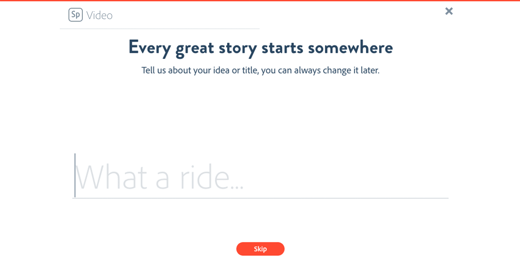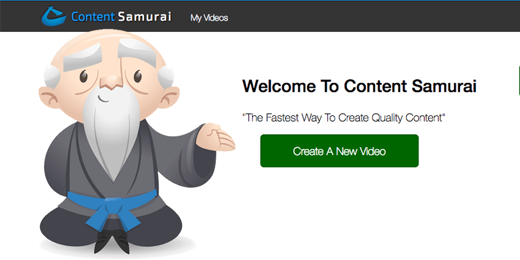
Yesterday, I attended a conference put on by both the Sales and Marketing and Social Media Clusters of MassTLC. The panelists were:
Paul Gillin, Gillin Communications
John McArthur, Walden Tech Partners
Jeremy Selwyn, Taquitos.net
David Vellante, Wikibon.org
Each Panelist gave an overview of their business, and Paul Gillin then asked them a series of questions.
The key points:
- Getting started. You need to build a personal brand. Do this by consistently publishing content, attending or holding meetings and conferences. Link to others, and eventually you will get links back. Take a look at The Corporate Blogging Book by Debbie Weil and Groundswell by Charlene Li and Josh Bernoff.
- Time commitments. Many people worry about how much time this will take. One panelist said that he spent 4 hours reading for each hour of posting. Most panelists spent only a few hours a week.
- Reuse of content. Publish content on one medium, such as a blog, and then reuse it as a newsletter or white paper. Post status updates about it on LinkedIn, Facebook and Twitter. Cross-pollinate.
- Interactivity. Be successful by involving the community. Ask questions to invite feedback. This will both increase your pageviews and create opportunities for new content.
- Dealing with negativity. Many are afraid of this. However, it doesn't have to be a liability. First, if you don't provide a venue for feedback, it will happen somewhere else, where you might not be able to participate as much. Second, your community will begin to police itself, helping to deal with problems. Third, you should delete spam and profanity, but leave the negative comments. Address them directly, and you can turn those people into future supporters.
- Tagging and SEO. Make sure that all your content is tagged. Make your blog post titles and their urls contain the keywords from the article. Tag videos and photos. This will help Google and therefore your users find you. 80% of traffic comes from Google searches. You can use a site like WebsiteGrader.com to get a review of your current site's SEO readiness.
- Critical Mass. Most blogs die after 2 weeks. Be consistent, and you can reach critical mass by 1000 posts\articles or 2000 community members.
- Metrics. Most important metrics to the panelists were domains of visitors, unique visitors, repeat visitors, page views and exit pages. Use Google Analytics to help with this.
MassTLC put on another great event, filled with good panelists and interesting attendees. I look forward to attending their upcoming unConference.
Post by John Maver
Sep 26, 2008
Sep 26, 2008


